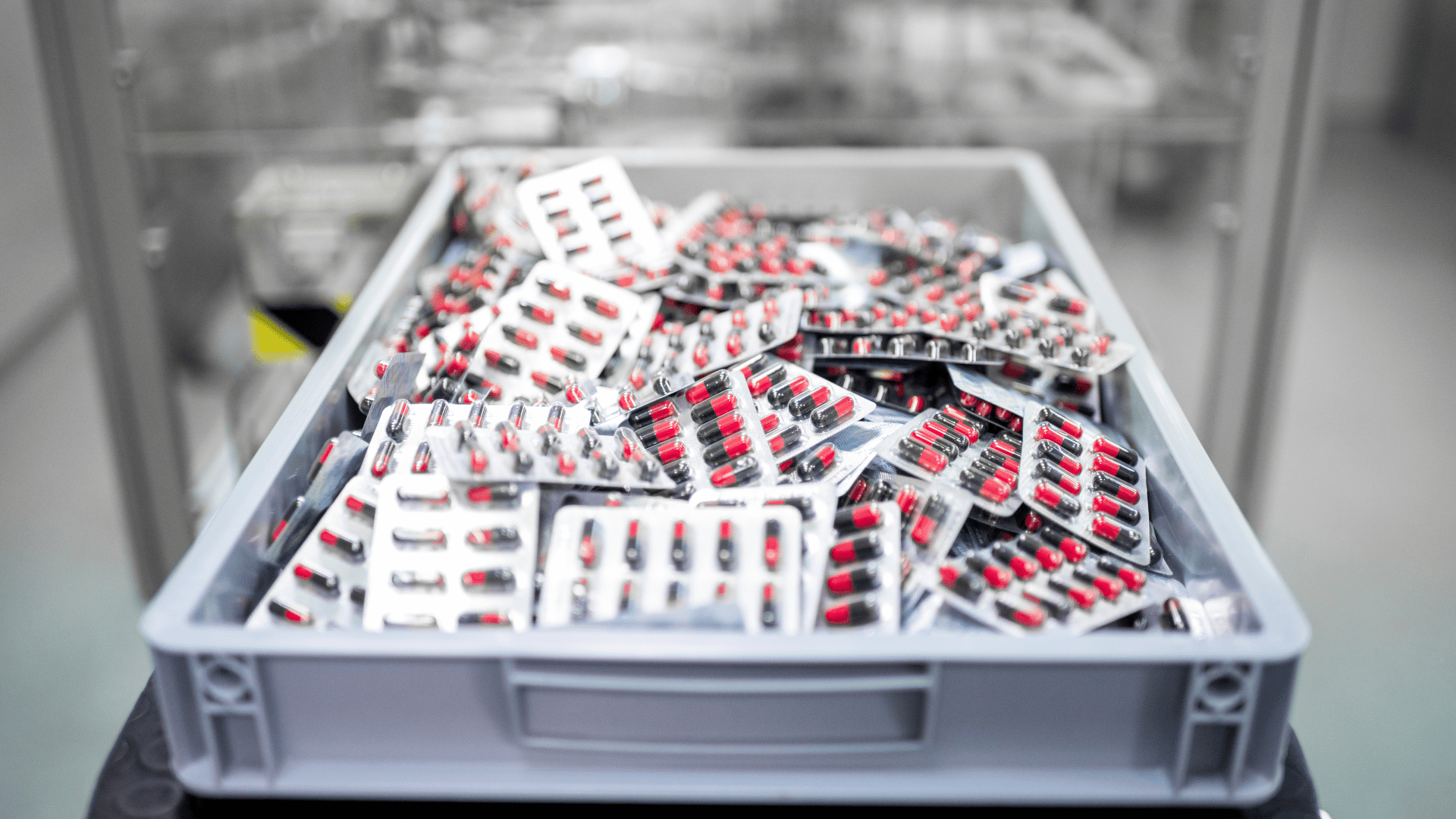The pharmaceutical industry is responsible for the development and production of life-saving drugs, vaccines, and other pharmaceutical items. Given the critical nature of their work, it is imperative to safeguard both intellectual and physical assets. This includes ensuring the security of confidential information, the safety of inventories, and the protection of the workforce. A key strategy for this purpose is the implementation of an access control system – a system designed to manage entry, monitor movements, and strengthen the overall security within pharmaceutical facilities.
Maintain Compliance with Regulations
Access control systems are necessary in pharmaceutical facilities to adhere to rigorous regulatory standards. Under HIPAA regulations, they must prevent unauthorized access to patient records and sensitive healthcare data. Additionally, there are strict regulations concerning access to areas where controlled substances are stored and processed to prevent diversion and misuse. Access control systems ensure compliance by restricting access to authorized personnel only. This not only satisfies regulatory mandates but also enhances security by preventing unauthorized access to sensitive areas.
Prevent Security Breaches
Pharmaceutical facilities must protect valuable assets, including proprietary formulations, expensive equipment, confidential research data, and costly inventories. Access control systems block access for unauthorized individuals, protecting assets against theft and espionage. This, in turn, safeguards the intellectual property and investments of pharmaceutical companies. Beyond preventing financial losses, these systems also contribute to the well-being of society by ensuring that raw materials and finished products are not tampered with.
Enhance Personnel Safety
The pharmaceutical industry requires facilities to follow strict safety protocols due to the use of hazardous materials and specialized machinery. Before working in specific zones, employees must have the required certifications or undergo safety training. Access control systems are useful for barring entry to those who haven’t fulfilled the necessary requirements, ensuring compliance with safety measures. Additionally, these systems stop unauthorized individuals from entering potentially dangerous areas, thus reducing the risk of accidents.
Provide Real-Time Monitoring
Besides controlling access, these systems allow facility managers to monitor access. By tracking how workers move within the facility, they can analyze patterns and identify suspicious activity. For instance, an employee that is frequently accessing sensitive areas like storage rooms or research labs might be trying to steal inventory or data. In the event of an emergency or security breach, access control systems provide a detailed log of access that can aid investigations and ensure accountability.
Reduce Counterfeiting & Fraud
Theft and counterfeiting are primary security concerns in the pharmaceutical industry, and they’re often connected. Counterfeiting can occur from individuals, both outsiders and insiders, stealing raw materials, equipment, or research data. This not only leads to financial losses for the company but also puts society at risk of ingesting falsified medicines with substandard or even dangerous ingredients. Implementing an access control system enables facilities to monitor staff and prevent internal theft. It also ensures that unauthorized individuals are not able to access areas containing sensitive information or materials.
Provide Traceability
Access control systems track the movement of both goods and individuals within a facility. This contributes to pharmaceutical traceability by documenting the product’s journey and the people involved in its production. These systems enable facilities to track personnel movement, creating a digital record of who accessed specific areas and when. If an incident occurs, facility managers can refer to the access logs to quickly identify and investigate anomalies.
Face Recognition Access Control Solutions from 2M Technology
Pharmaceutical facilities require an access control system that offers the highest level of security and hygiene but without hindering the efficiency of operations. Face recognition access control systems utilize facial recognition to validate access, providing an unmatched level of security. Unlike physical ID badges, facial features cannot be shared or exchanged between individuals, reducing the likelihood of unauthorized access. Besides being more secure, these systems streamline the entry process by eliminating the need to swipe physical access cards or input PIN codes. This minimizes bottlenecks at entrances, therefore reducing physical contact between workers and the potential for contamination. More importantly, this method is quite hygienic since it doesn’t involve any physical contact with keycards, number pads, or fingerprint scanners.
If you need a pharmaceutical access control system, 2M Technology can help you develop a comprehensive solution tailored to the needs of your facility. We offer a wide range of face recognition access control products, including terminals compatible with door locks and turnstiles. For more information, contact the 2M Technology sales team at +1 (214) 988-4302 or at sales@2mtechnology.net. You can also use the links below to start a live chat with a sales consultant or sign up for a live demo of our products.

